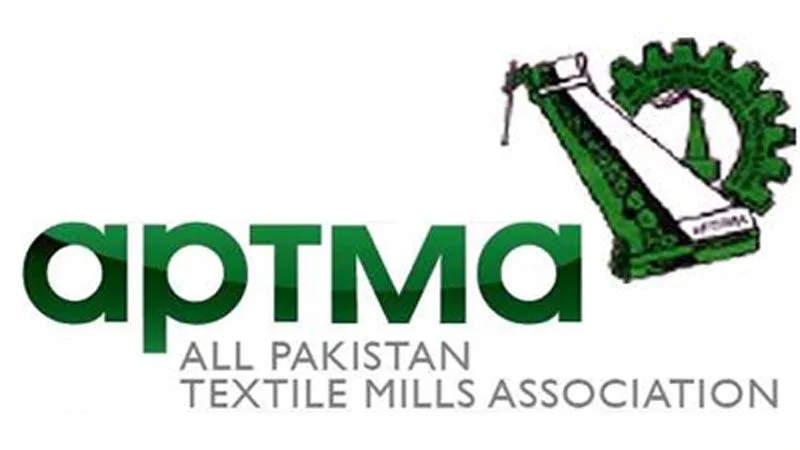Islamabad, 12 Apr, 2025: The All Pakistan Textile Mills Association (APTMA) has urged the govt to Ban Yarn and Cloth Imports under the Export Finance Scheme (EFS).
Emphasizing that the country’s textile industry is on the verge of a severe crisis. The association warned that unless immediate steps are taken, the sector could face irreversible damage.
During a press briefing in Islamabad, APTMA Chairman Kamran Arshad, alongside representatives from the Pakistan Cotton Ginners Association (PCGA), highlighted the critical challenges facing the textile sector, which has already seen more than 120 textile mills shut down.
READ MORE:
Finance Minister Unveils Social Impact Financing Framework for Development Goals
Arshad attributed this alarming trend to the government’s decision to revoke the sales tax exemption on domestically sourced inputs under the EFS, which has created an unfair competitive environment for local producers.
This move Govt to Ban Yarn and Cloth, he argued, has tilted the balance in favor of imported materials, leaving local manufacturers struggling to stay afloat.
With the removal of the exemption, the price difference between imported and local raw materials has widened significantly. Imports of textile raw materials have surged, placing domestic suppliers at a distinct disadvantage.
While the 18% sales tax on imports is refundable, the lengthy and often incomplete refund process has intensified the financial strain, especially for small and medium-sized enterprises (SMEs) that already face high compliance costs.
The repercussions of this policy shift have been far-reaching, with over 100 spinning mills, which make up 40% of the nation’s total spinning capacity, shutting down, and many remaining mills operating at less than half of their capacity.
According to APTMA, approximately 6 million families rely on the textile industry for their livelihoods, and the ongoing closures put many jobs at risk.
Further complicating matters is the decline in Pakistan’s cotton production. Without a support price for cotton, local farmers are opting for more water-intensive crops, which only deepens the challenges facing the country’s cotton industry.
The association also raised alarm about the growing trade deficit, noting that imports of cotton, yarn, and greige cloth have surged by $1.6 billion, outpacing a $1.5 billion increase in textile exports.
READ MORE:
Early Termination of IPP Contracts Saves Govt Rs411bn
To prevent further damage to the textile sector, APTMA is calling for immediate government action, including reinstating sales tax exemptions on local raw materials, imposing a ban on yarn and cloth imports under the EFS, and revitalizing the domestic spinning industry.
The association believes that these measures could boost foreign exchange earnings by $1.5–2 billion, helping stabilize the struggling textile sector and ensuring its long-term viability.









